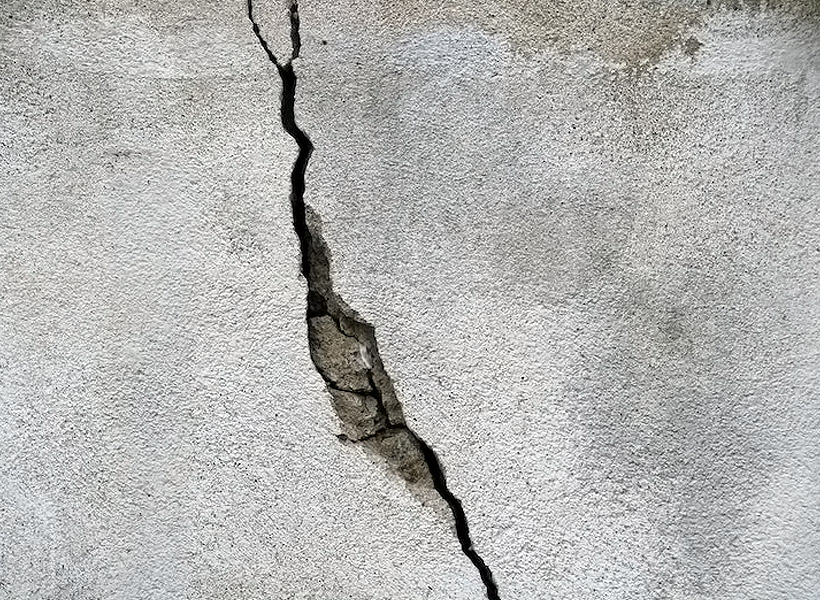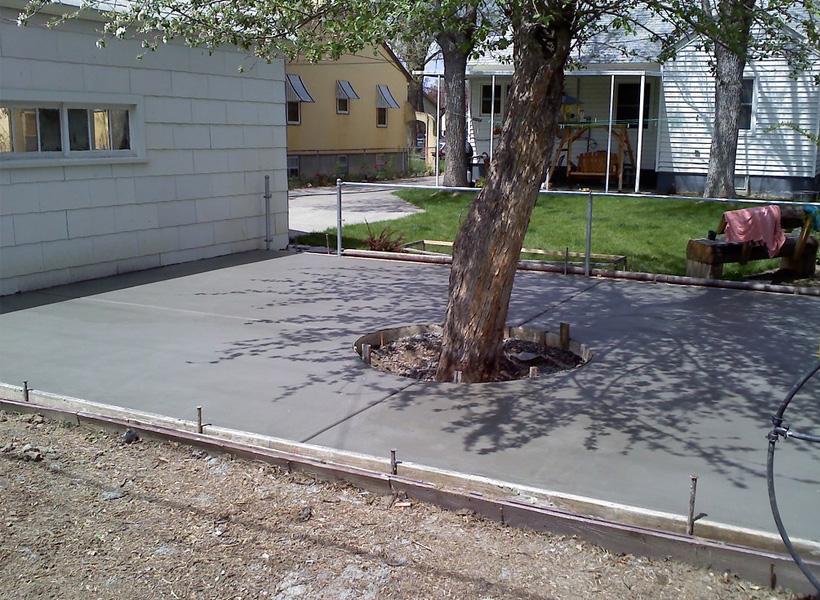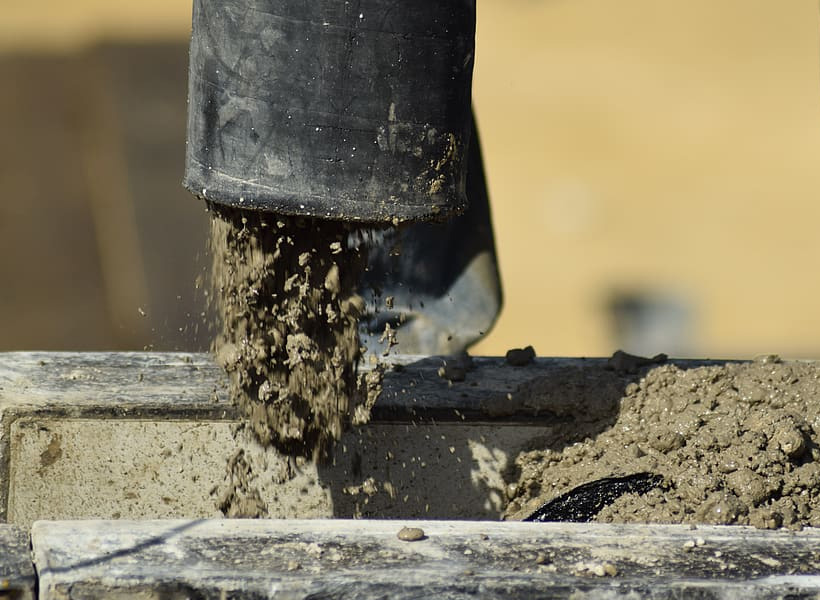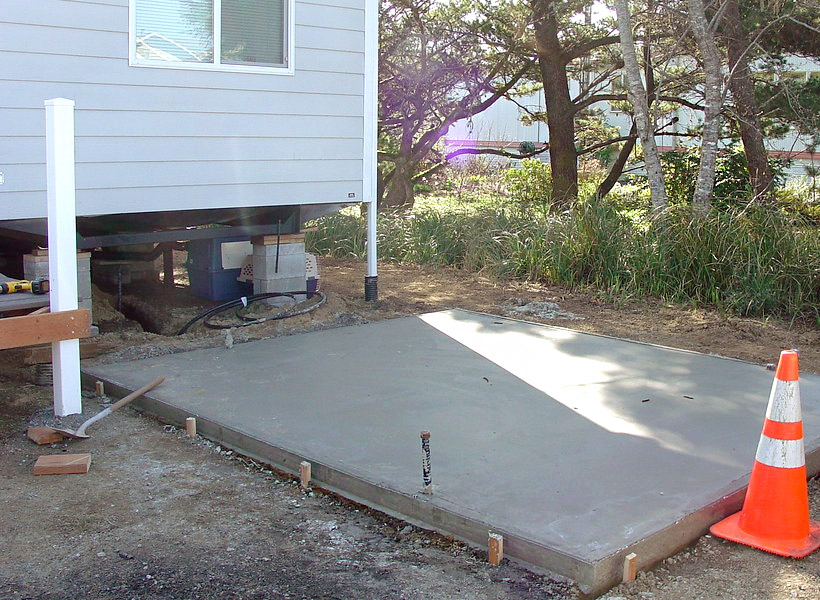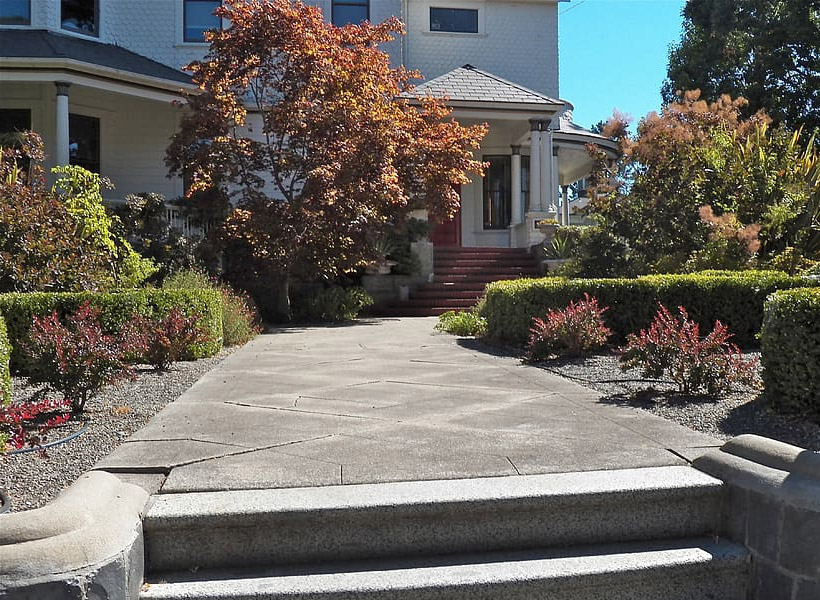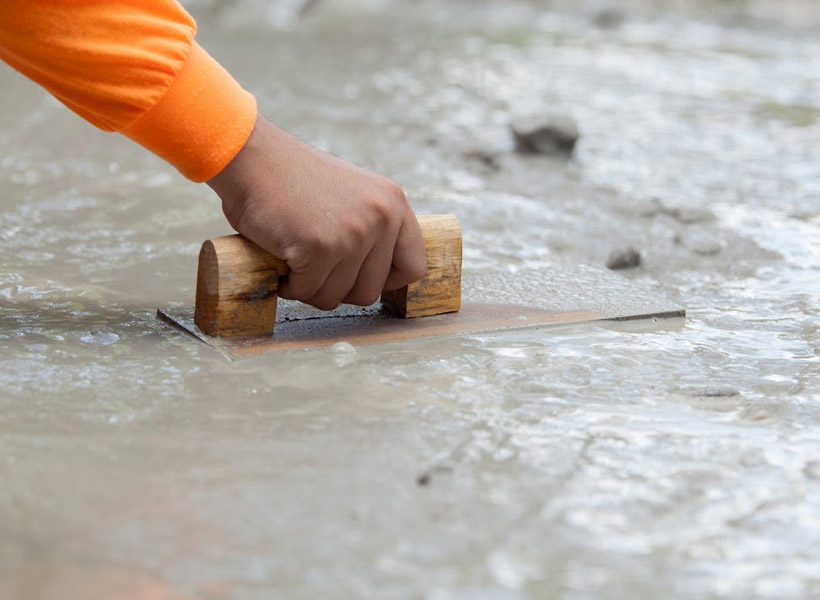When you’re looking at a crack in your foundation, it is natural to worry. Foundation cracks can be serious, but they can also be no cause for alarm at all. It all depends on the severity and if the crack is going to continue to get worse. You should know what might have caused the crack in the first place and what might cause it to expand.
Talking it over with a professional is a wise idea. In the meantime, we can tell you what may have caused your foundation crack.
1. Improper Installation
Many cracked foundations were doomed to fail from the start due to improper pouring. Those concrete contractors who fail to compact the soil beforehand, or do not lay down the correct base soils, risk causing major cracks. It may take time after the installation for the foundation to show these cracks, as the soil needs to compact and shift enough to cause the cracking. If you have a relatively new construction and cracks are just starting to appear, they could be the result of poor installation.
2. Settling
It is normal for new homes to settle over the first three or so years. Even if the ground was properly compacted, the weight of a home over time would cause some shifts, especially as the seasons change. Usually, settling does not cause the kind of major cracks that you need to worry about. And, once the home has settled, it should do significantly less shifting over time.
3. Exposure to Water
When you pour water on concrete, the concrete appears entirely unaffected. But if you leave the concrete in water, it will begin to erode. When it erodes in the wrong spots, the concrete can shift and crack. There are a few different ways that your home’s foundation might be exposed to more water than it should be:
- Poor drainage: Homes should be designed to handle the normal rainfall in your area. In ours, that means a few heavy rains per year and not much else. Through site design, grading, gutters, and landscape choices, smart builders ensure that water will flow away from the home, not towards it. If they make mistakes, then the water may head straight to the home’s foundation instead. This is a recipe for a crack.
- Floods and major storms: No one can build a foundation that is entirely impervious to floods. Floods and major storms can do significant damage to concrete foundations.
- Leaks from plumbing: Large leaks that are left alone and small leaks that aren’t caught for months or years can both cause cracking in the foundation.
4. Soil Shifting
When the soil shifts, your home has no choice but to go along with it. Your foundation can potentially crack if the shift is large enough. Earthquakes are a common cause of foundation cracks. Extreme drought can also do the same. When the soil is dry, it shrinks and provides less support to the foundation, which can then crack.
Concrete professionals can help you assess and repair cracks in your foundation. It’s worth mentioning that foundation cracks can be covered by homeowner’s insurance if caused by a covered peril, like sudden and accidental water damage, so much of the cost may be covered for you.

